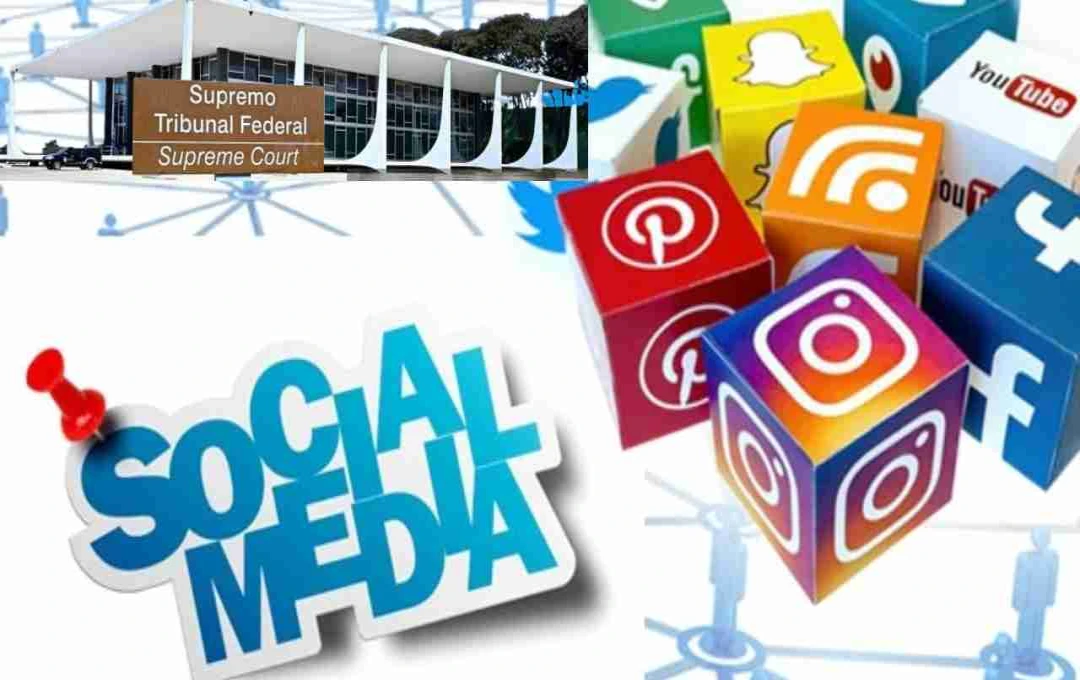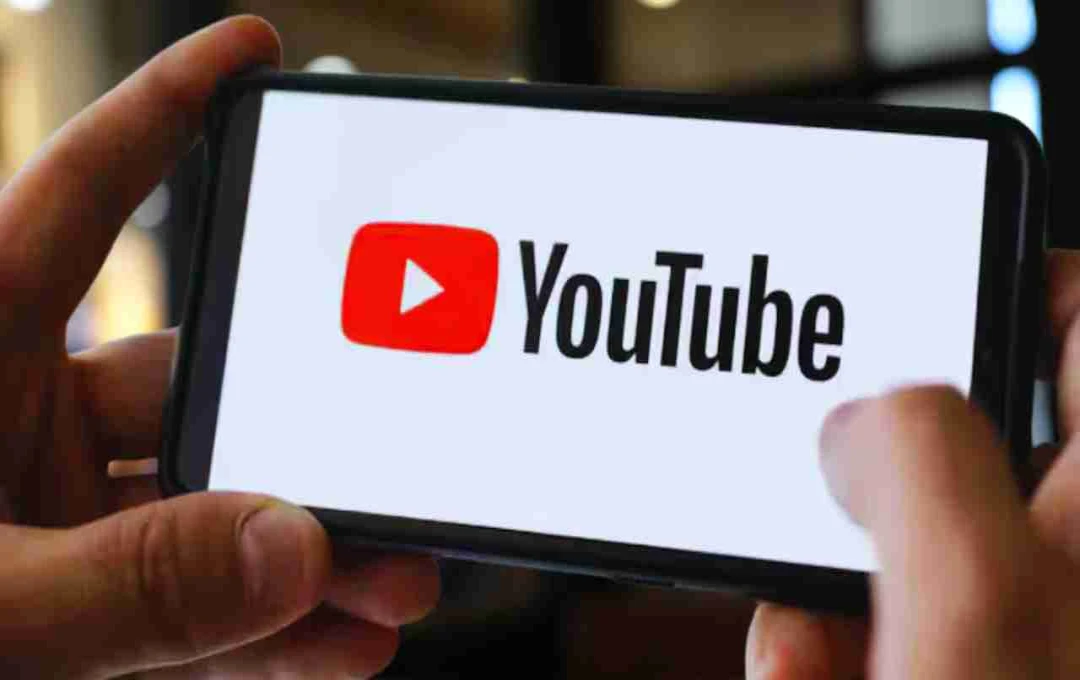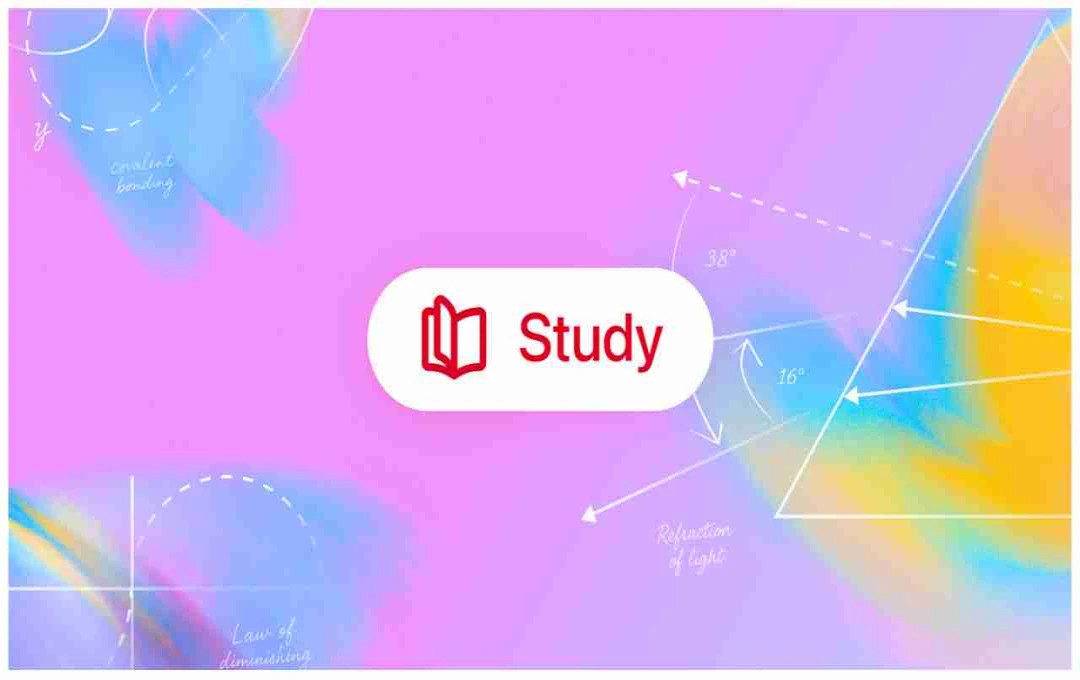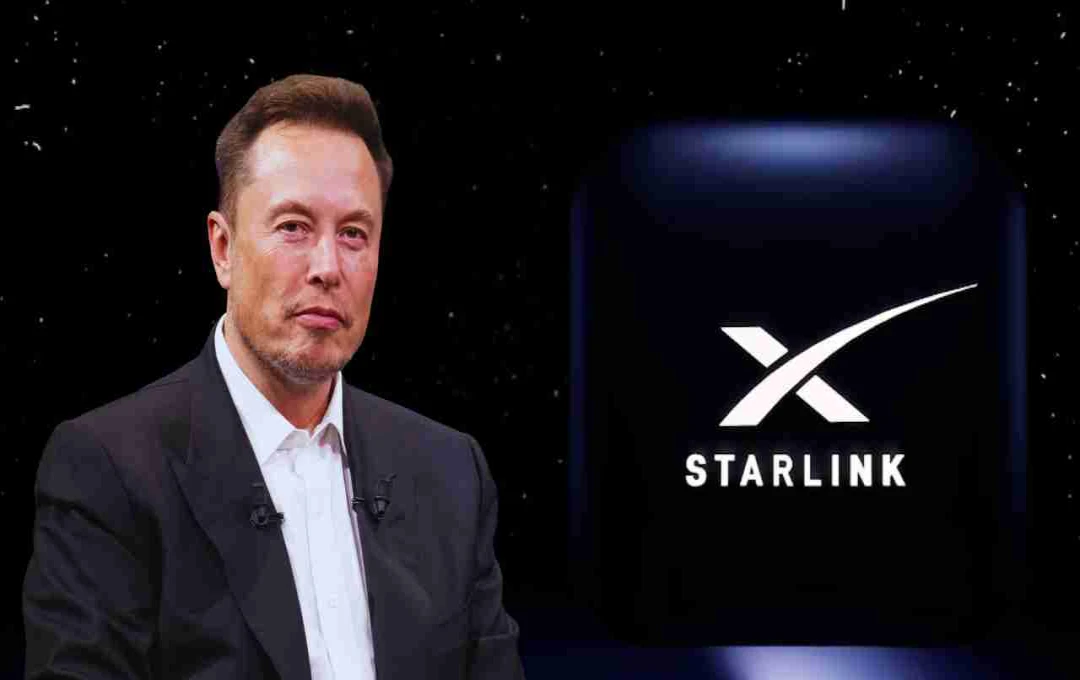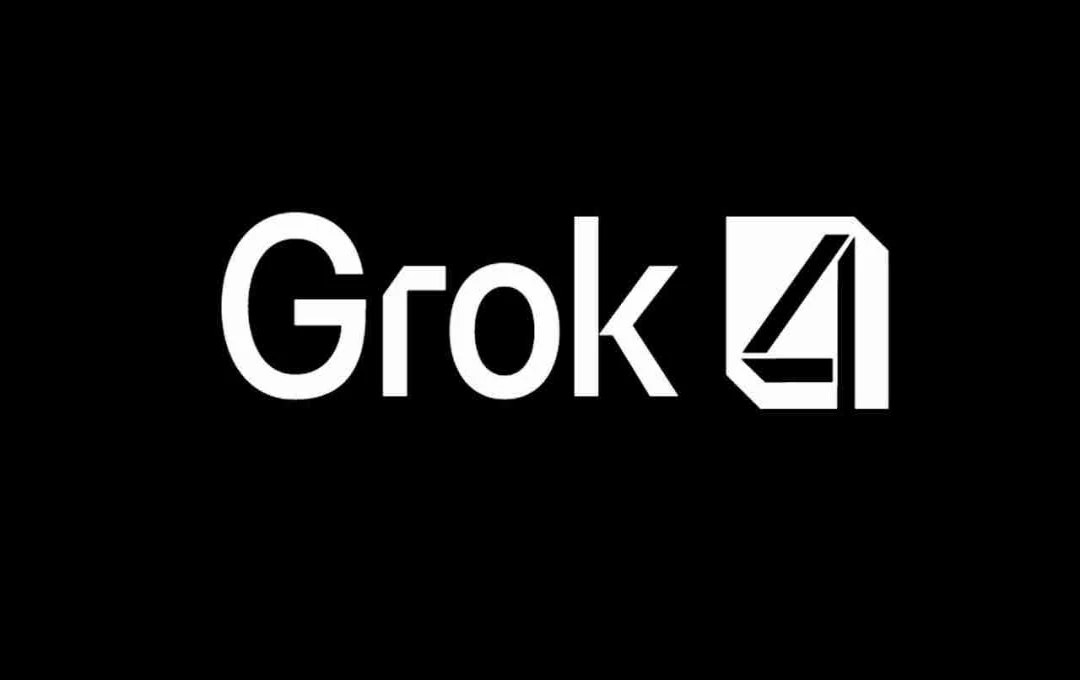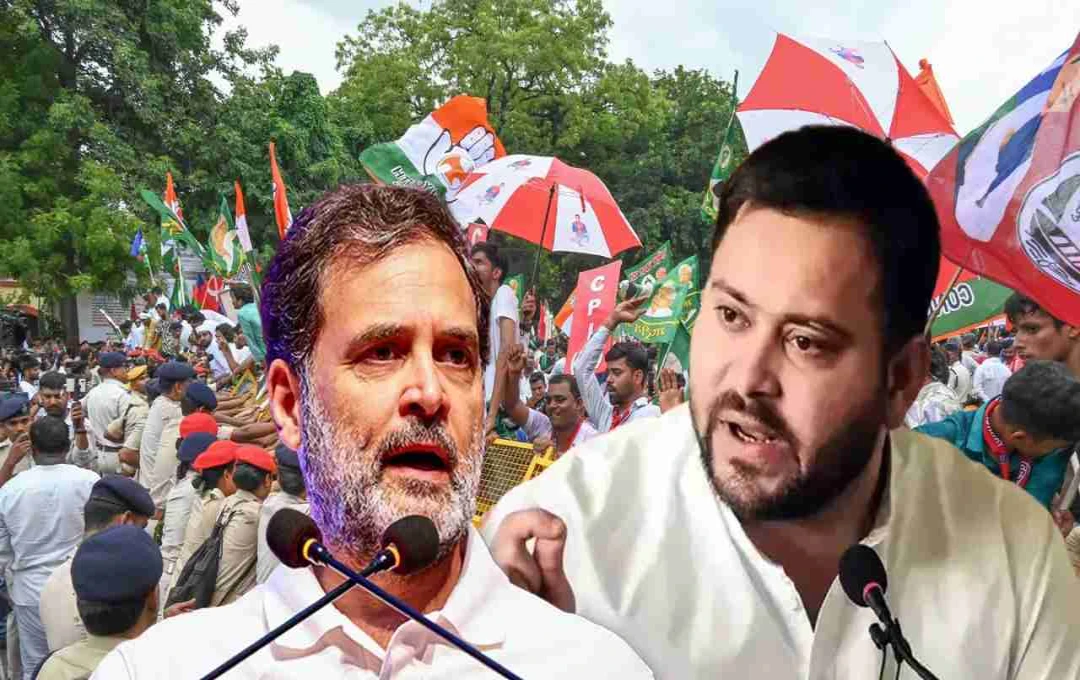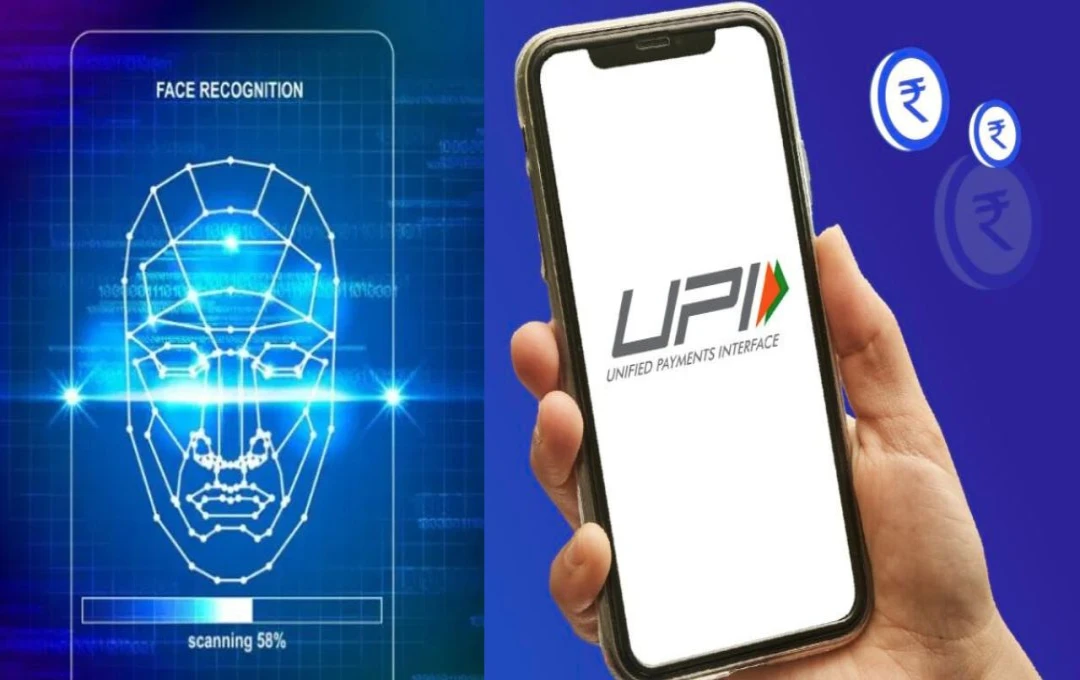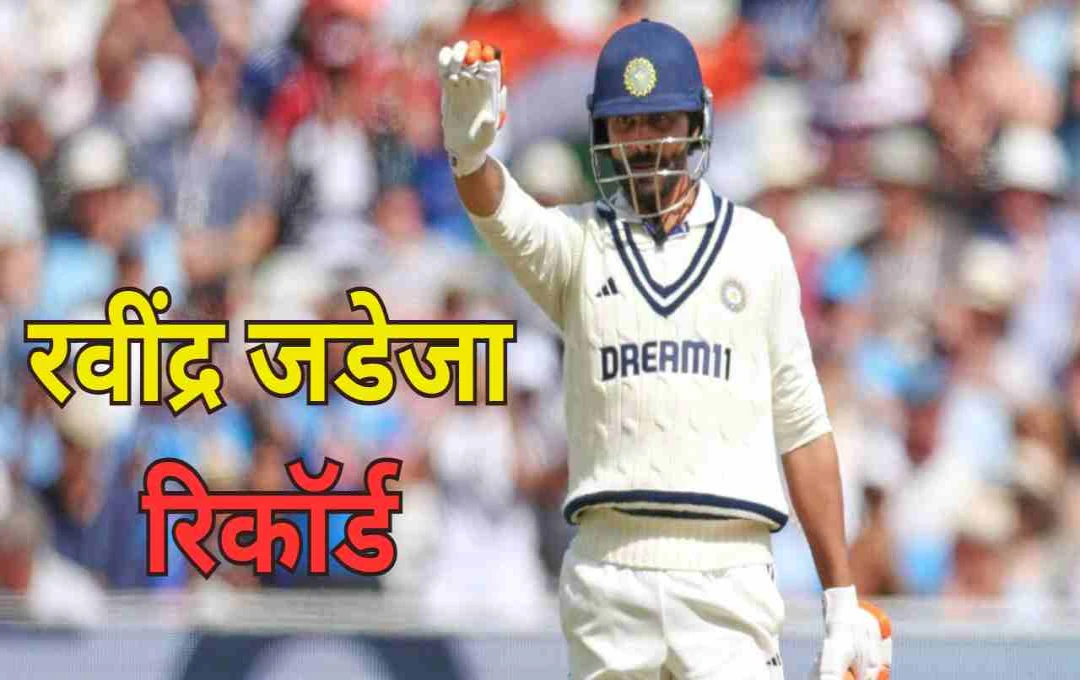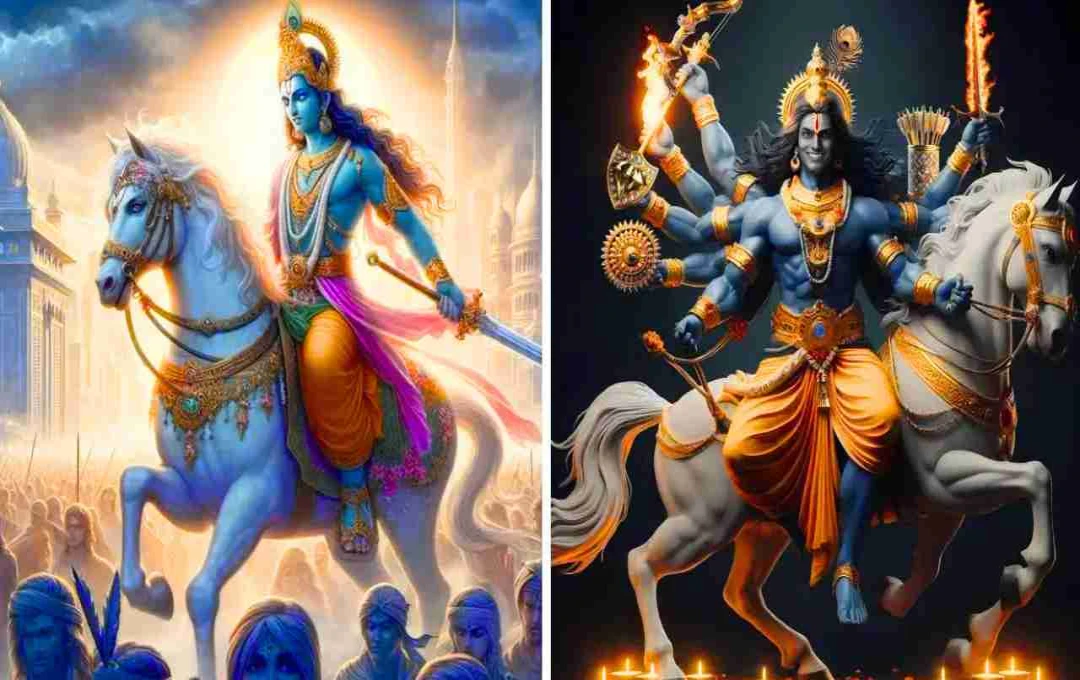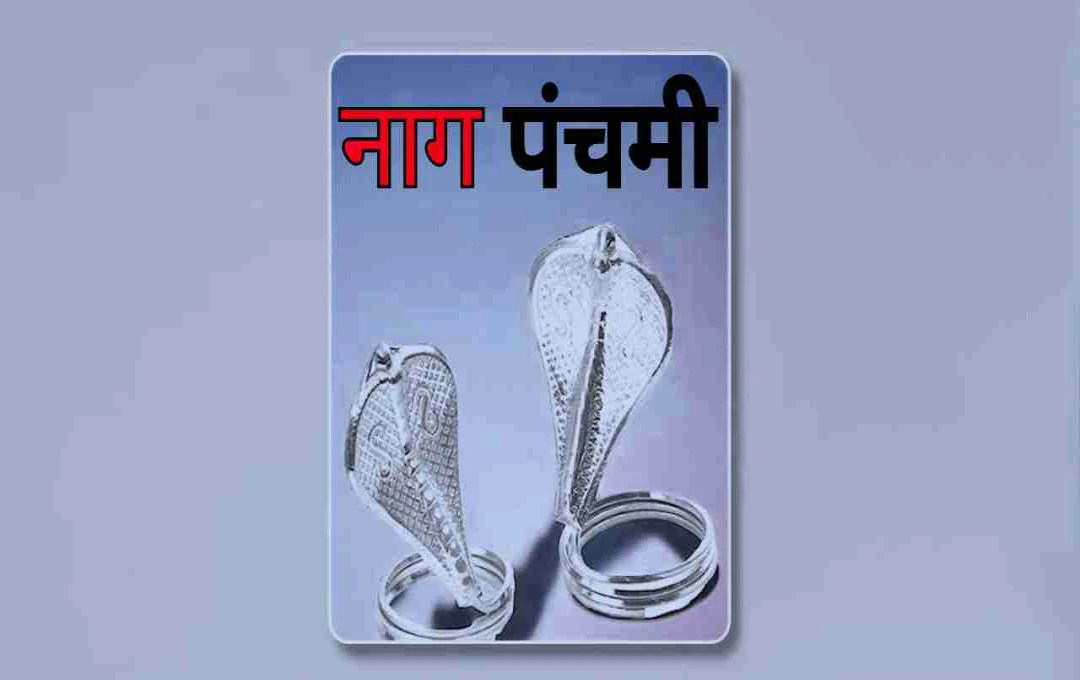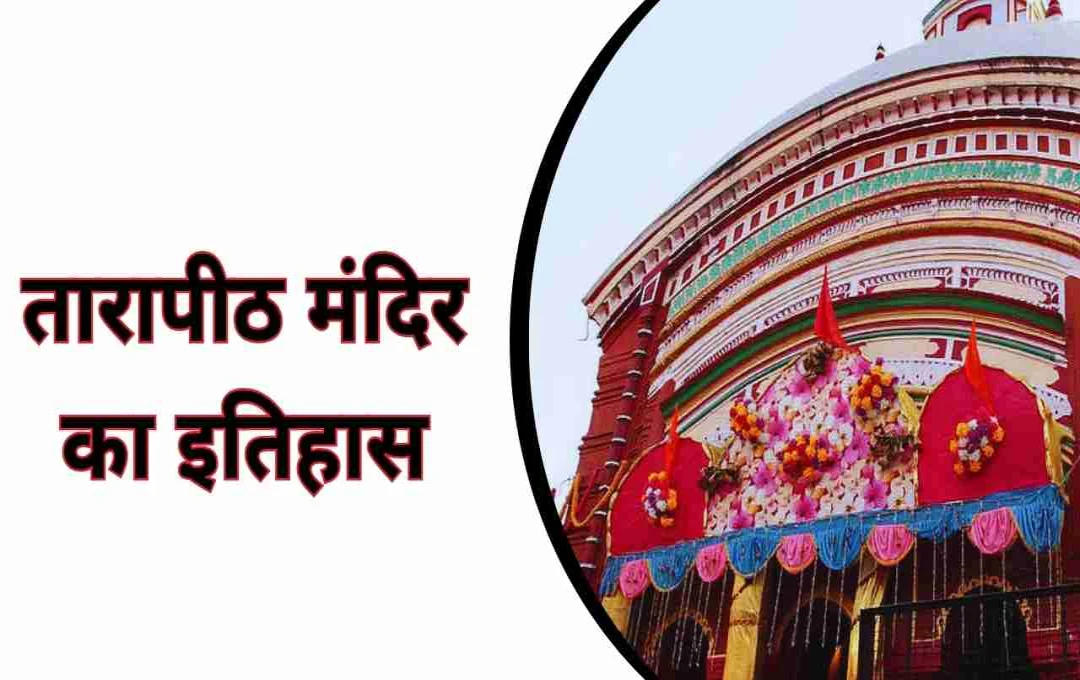The Brazilian Supreme Court issued a landmark ruling on Thursday with far-reaching implications, holding social media companies accountable for content posted on their platforms.
Social Media: In a historic decision, the Brazilian Supreme Court has redefined the responsibilities of social media companies, clarifying that they are now directly responsible for content posted on their platforms. The ruling, passed by an 8-3 majority in the Supreme Court, obligates major platforms like Google, Meta, and TikTok to monitor and promptly remove any content that promotes hate speech, racism, and violence.
Previously in Brazil, social media companies were only required to remove objectionable or illegal content after receiving a court order. However, this process was often delayed, and in many cases, action was not taken even after the order. The new Supreme Court order significantly changes this system, assigning companies the responsibility to proactively monitor and take action.
Flexibility Regarding Illegal Content
The court did clarify that what constitutes illegal content will depend on the facts of each case. In other words, whether a piece of content is objectionable will be determined on a case-by-case basis. Despite this, the decision is considered a milestone in determining responsibility on social media, as it will now provide relief to victims.

If a user complains about illegal or objectionable content, and the social media company fails to remove it, legal action can now be taken against that company.
Tension Arising from US Reaction
The Brazilian decision is also being felt internationally. US Secretary of State Marco Rubio has objected to the ruling, warning that the US may impose visa restrictions on Brazilian officials if censorship is imposed on the free speech of American citizens. The US argues that this decision could violate freedom of expression, while Brazil views it as a matter related to its sovereignty and the safety of its citizens.
What Options do Companies Have?
The Supreme Court also stated that social media companies will not be held responsible if they can prove that they took timely and necessary steps after receiving a complaint. This means that due diligence will be mandatory for companies. The challenge now for companies will be to strengthen their moderation systems and act quickly on complaints.
This change could also be a major setback for companies like Google, Meta, and TikTok, as Brazil is a major market for them, and they will now have to strictly adhere to local rules.

How is the New Decision Different from the Old Rules?
Until now in Brazil, under the Internet Law (Marco Civil da Internet), social media companies were only held responsible when a court ordered the removal of illegal content. However, there were several shortcomings in this — action was often not taken even after the order, which denied justice to the victims.
In the new decision, the court stated that the primary responsibility of companies is to monitor and immediately remove content such as violence, child pornography, racist speech, or fraud. This order is against the backdrop of several cases where companies repeatedly failed to remove violent and hate-filled content despite complaints.
